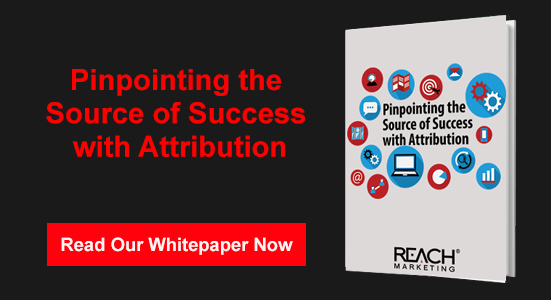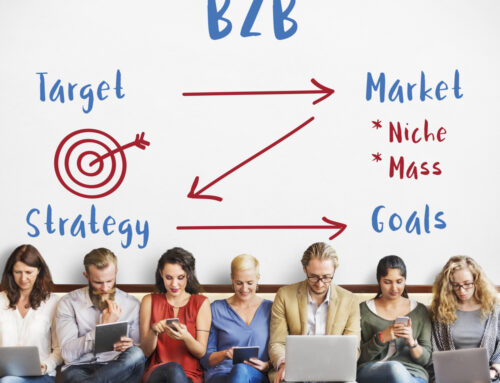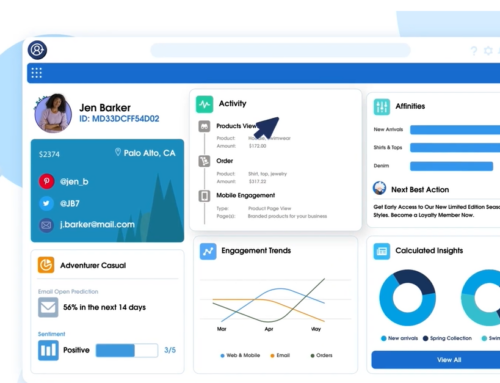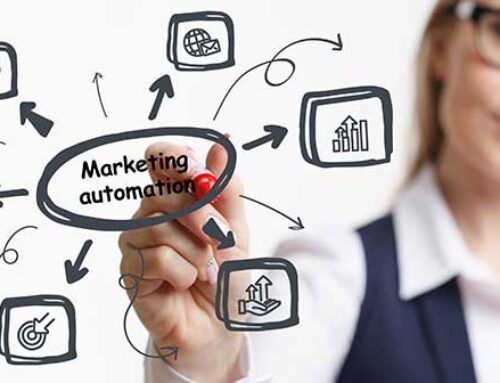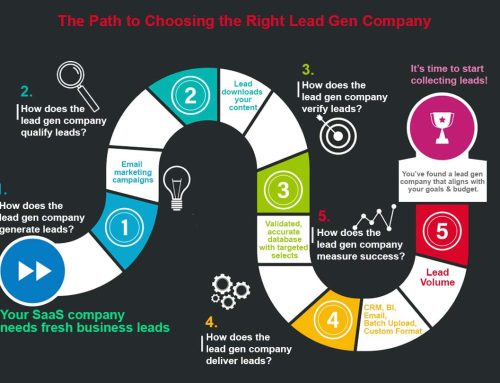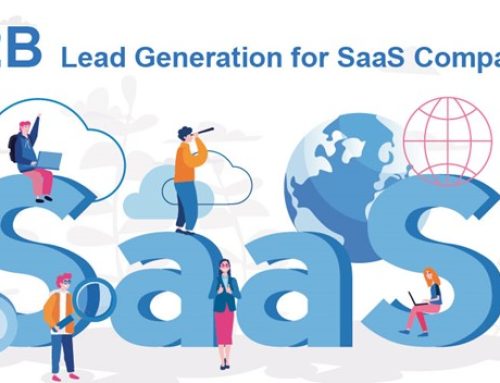Trust isn’t just essential between customers and businesses. It’s also vital for companies to have interdepartmental trust, especially between two groups that don’t always align even though they’re on the same side: sales and marketing.
Both sellers and marketers want to convert as many new leads into enthusiastic buyers as possible, but they make it happen in different, sometimes even conflicting, ways. Where marketers see theories to implement, sellers want practical results. Marketers look at large data sets; salespeople focus on individual buyers. As marketers predict outcomes, sellers focus on the present.
The key to bringing them together is trust. With a high degree of trust, sales go up and costs per lead decrease; it’s a win for everyone, including satisfied customers. Here’s how your MARKETING AI® fosters trust between sales and marketing so they can achieve their common goals.
Trust depends on four factors:
Accountability – Marketers and sellers follow through on commitments. Marketing automation technology streamlines the process by allowing each team member to set benchmarks and monitor performance.
Transparency – Both sides know what the other is doing, leaving leads well nurtured at every step of the buying journey. Goals and processes are visible to both teams via a shared database.
Credibility – History and data back up the promises each team makes, leading to greater trust over time. Automation tracks the data and supplies analytics to lend credibility to claims.
Competence – A fundamental respect for the other team’s capabilities is essential for trust. Good results give sellers and marketers greater confidence in the whole organization’s capabilities.
MARKETING AI technology incorporates sales’ CRM platforms such as Sugar CRM or Salesforce, centralizing data so everyone in both departments gets the same image of the information from different perspectives. On the marketing side, for instance, lead scoring helps track where a prospect is on the buying journey. From the sales point of view, alerts let sellers know when a prospect’s reaching sales readiness so they can prepare to close.
Not sure where you are in your sales/marketing alignment? Encourage trust from the marketing side of the equation by answering these questions:
- How do we track our accountability? Do we set benchmarks for campaigns and content that the sales team can use to anticipate an influx of buyers?
- How are we becoming more transparent? Is our marketing automation platform accessible to our sales team so they can view our marketing calendar and watch the lead scoring process?
- What successes can we celebrate together? If we’re new to alignment, what quick wins can we earn and build on for our first major success?
- What happens when our teams fall out of alignment, and how can automation help resolve conflicting data?
When partnered with a CRM, marketing automation is the central nervous system for both departments. A MARKETING AI is integral to campaign tracking, maintaining histories, building buyer personas, and measuring success. It’s the only tool powerful enough to bring together two teams and forge them into a single elegantly simple system.
© Reach Marketing LLC 2017 All Rights Reserved.


